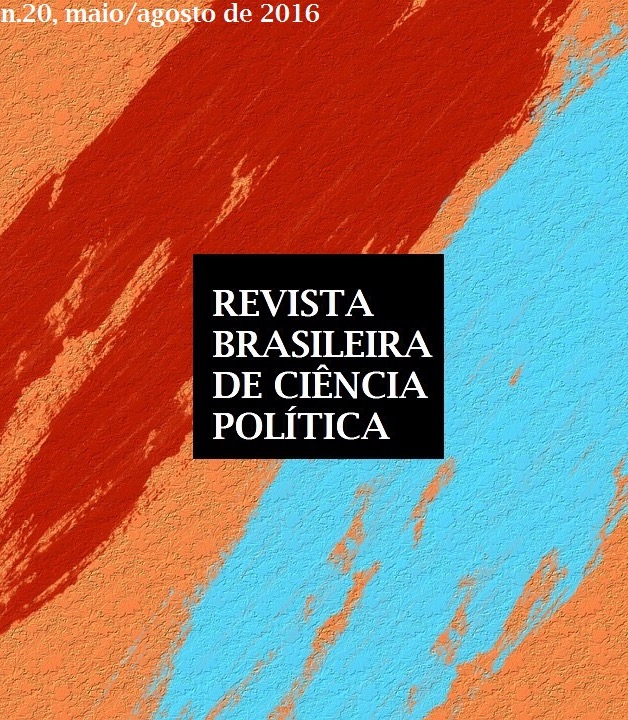O Liberalismo Político e a República dos Modernos: a crítica de Benjamin Constant ao conceito rousseauniano de soberania popular
Palavras-chave:
Revolução;, Liberalismo;, Soberania do povo;, ProgressoResumo
Resumo
Partindo da leitura crítica do conceito rousseauniano de soberania do povo, Benjamin Constant irá formular uma teoria que estabelece a existência de uma autoridade social limitada e regulada por instituições constitucionais como condição absoluta da sobrevivência da liberdade conquistada com a revolução. Constant legará ao liberalismo francês um topos central, qual seja, o da incapacidade da liberdade republicana clássica em dar conta de formular uma solução institucional para a complexa sociedade comercial da Europa das luzes, mas também a compreensão de uma interpretação da história como progresso da civilização cujo sentido acentua a premência da dimensão da sociedade civil sobre a dimensão da política. Assim, pretendemos demonstrar como o liberalismo de Constant legitima o regime representativo, por meio de uma crítica ao princípio do republicanismo rousseauniano-jacobino e de uma teoria progressiva da história.
Palavras-chave: revolução; liberalismo; soberania do povo; progresso.
Abstract
Based on the critical reading of Rousseau's concept of sovereignty of the people, Benjamin Constant will formulate a theory that establishes the existence of a limited social authority and regulated by constitutional institutions as an absolute condition for the survival of freedom won with the revolution. Constant will bequeath to the French liberalism a central topos, namely the inability of the classical republican liberty to account to formulate an institutional solution to the complex commercial society in Europe of lights, but also the understanding of the interpretation of history as progress whose sense of civilization emphasizes the urgency of the of the civil despite the size of the political dimension. Thus, we intend to demonstrate Constant liberalism legitimate representative regime and its implications in terms of participation and rights through a critique of the principle of Rousseaunian-Jacobin republicanism and through a progressive theory of history.
Keywords: revolution; liberalism; sovereignty of the people; progress.


